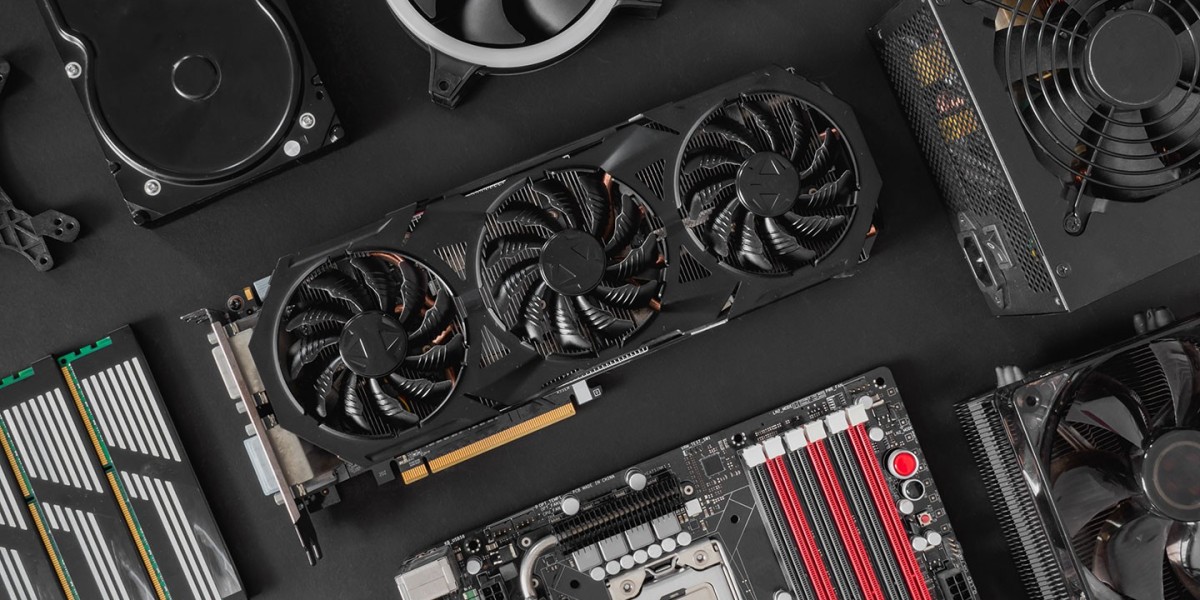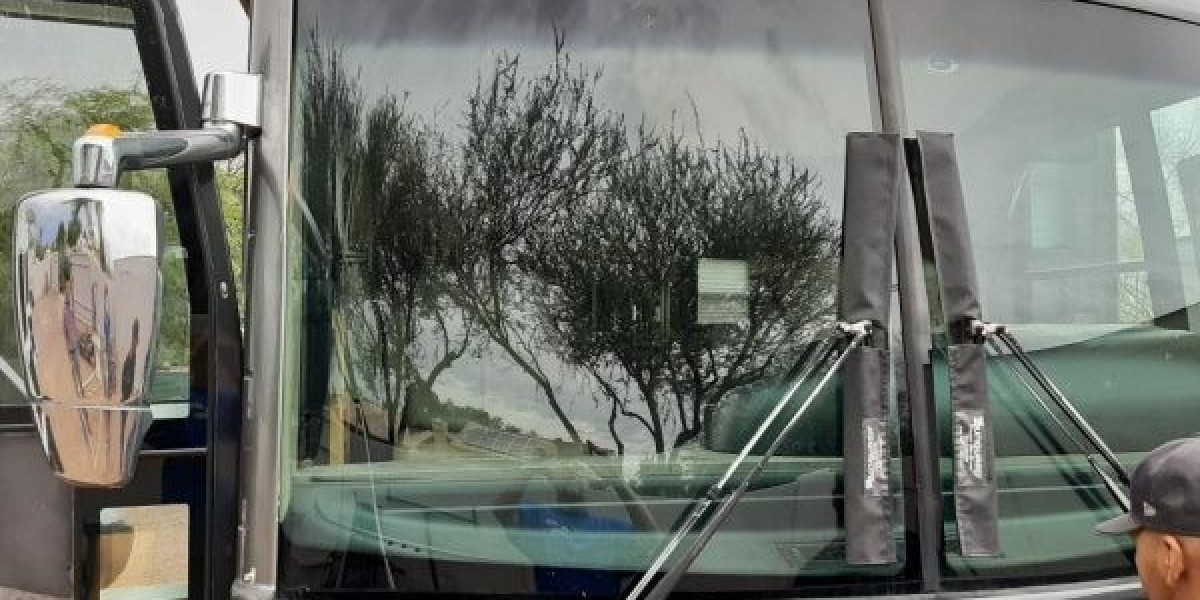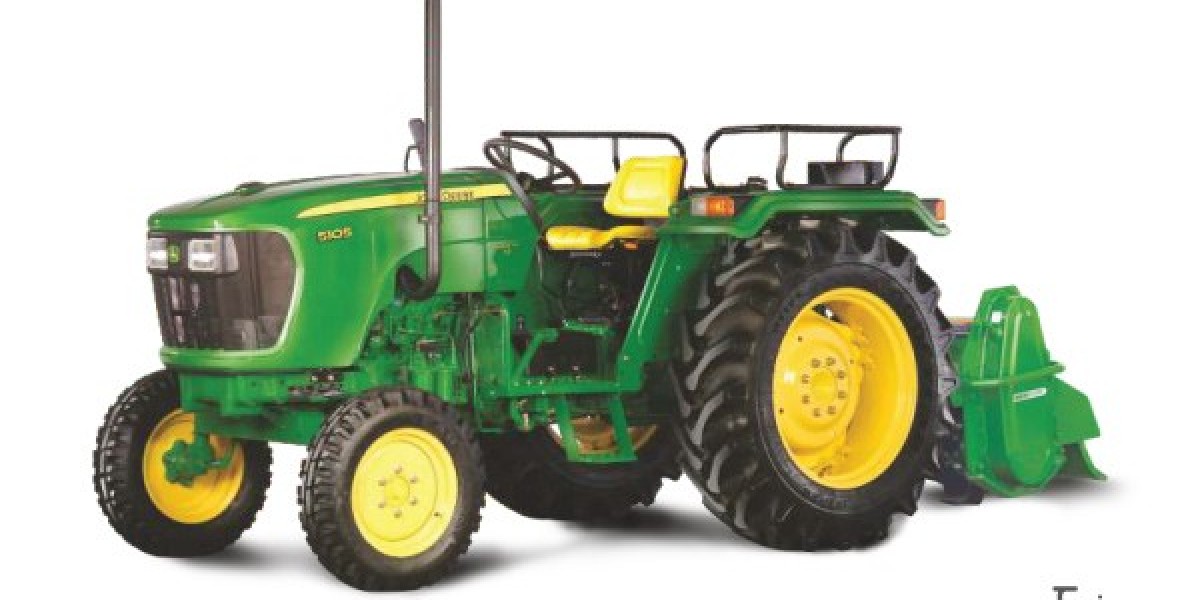Memory: The Heart of Your System
Memory, often referred to as RAM (Random Access Memory), is a crucial component of any computing device. It determines how efficiently your system can handle tasks and multitasking. When looking to buy memory, consider factors such as capacity, speed, and compatibility.
Capacity: The amount of memory you need depends on your usage. For regular tasks, 8-16GB is sufficient, but if you're into gaming, video editing, or running virtual machines, aim for 32GB or more.
Speed: Memory speed, measured in MHz, affects data transfer rates. Faster RAM can improve overall system performance, especially for gamers and content creators.
Compatibility: Ensure that the memory is compatible with your motherboard. Check for the DDR type (DDR3, DDR4, DDR5) and the motherboard's maximum supported speed.
PC Components: Building or Upgrading Your Rig
Building a PC can be an exciting endeavor, but it starts with choosing the right components. When buying PC components, consider the following key elements:
CPU (Central Processing Unit): Select a processor based on your needs, whether it's for gaming, content creation, or office work. Brands like Intel and AMD offer various options.
GPU (Graphics Processing Unit): For gaming or graphics-intensive tasks, a powerful graphics card is essential. Brands like NVIDIA and AMD provide excellent choices.
Storage: Opt for fast SSDs (Solid-State Drives) for your primary storage, and HDDs (Hard Disk Drives) for additional space.
Motherboard: Ensure it's compatible with your chosen CPU, has the required expansion slots, and supports the features you need.
Power Supply and Cooling: Select a reliable power supply unit (PSU) and cooling solution to keep your components running smoothly.
Networking Devices: Staying Connected
In our increasingly connected world, networking devices are essential. Whether for home or office, consider the following when you buy networking devices:
Router: Choose a router that suits your internet speed, coverage area, and the number of connected devices.
Switches: For a wired network, select an appropriate switch with the right number of ports.
Access Points: Extend your Wi-Fi coverage with access points for seamless connectivity.
Security: Prioritize security features like firewalls and encryption protocols to protect your network.
By considering these factors when you buy PC components, you can create a system tailored to your specific needs. Always research, read reviews, and consult experts to ensure you make informed choices, keeping your IT infrastructure up to date and efficient. Whether you're building a gaming rig, upgrading your office PCs, or improving your network, the right hardware choices can make all the difference.








